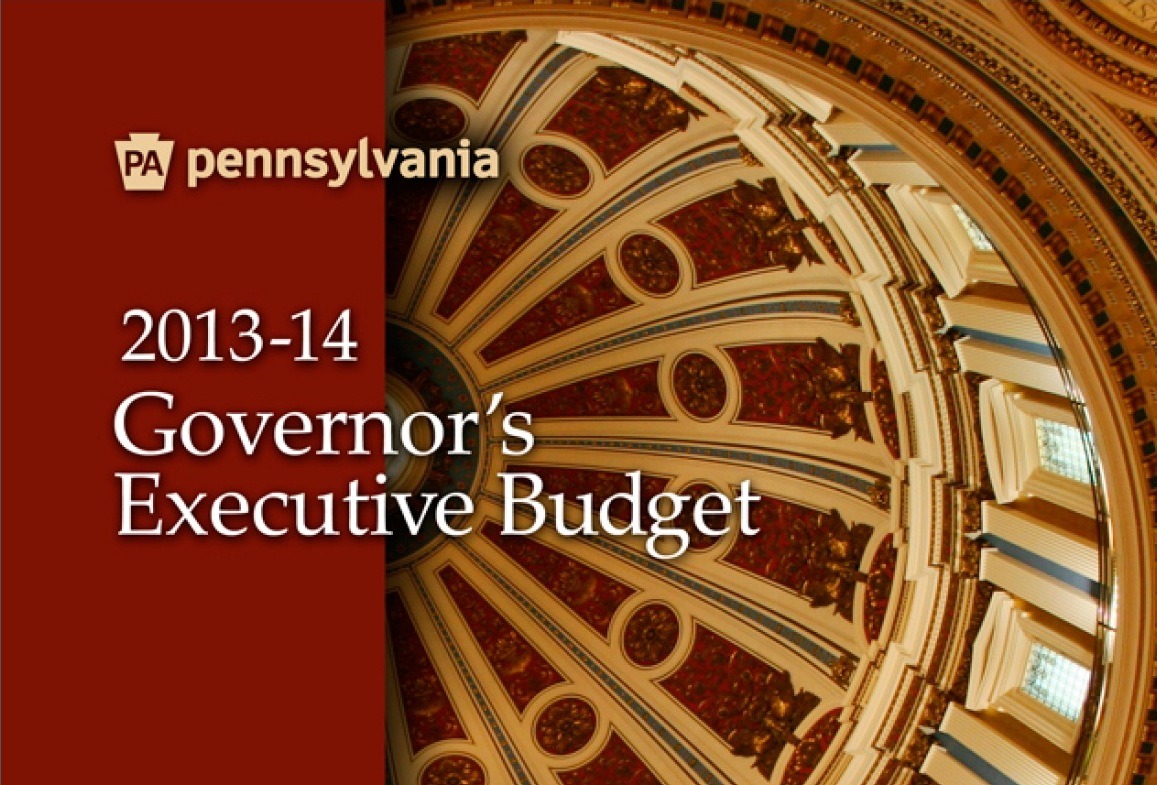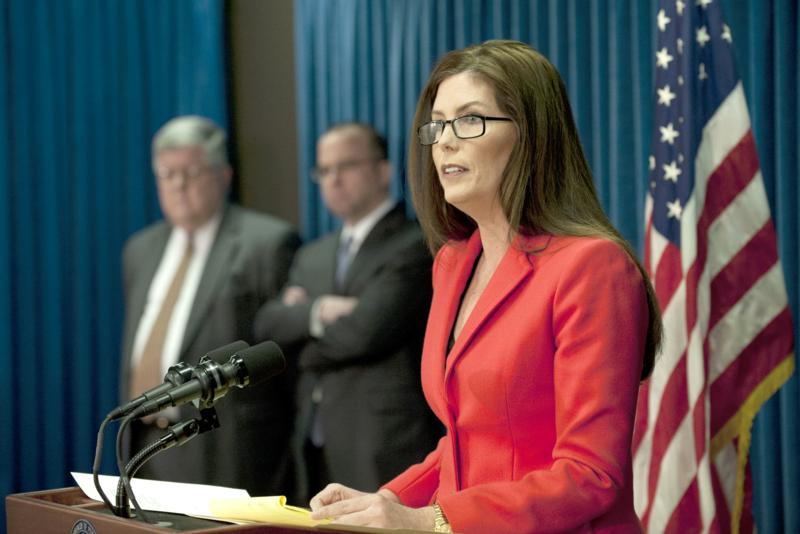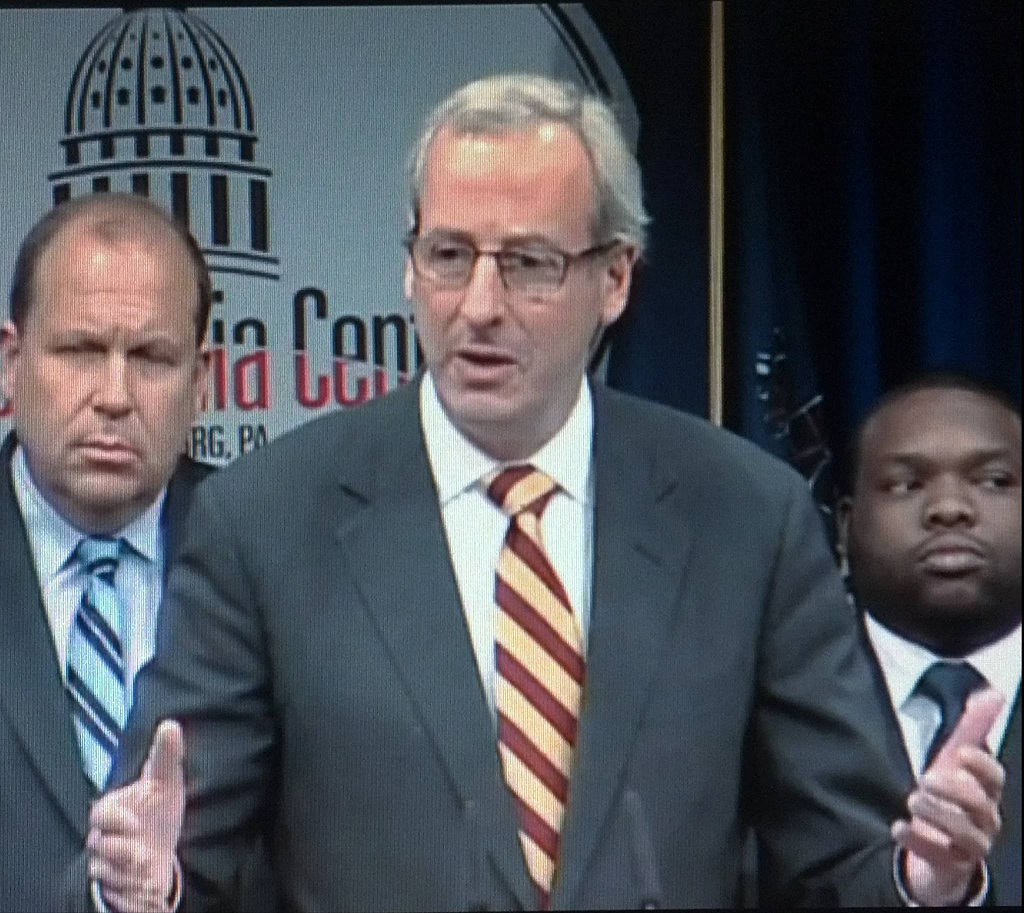The contract to privatize Pennsylvania Lottery Management has failed Attorney General Kathleen Kane’s “form and legality” test. Reactions abound from stakeholders and elected officials, and their statements are providing a few hints as to what’s next. Check them out for yourself:
Governor Tom Corbett:
“I’m deeply disappointed. I don’t agree with the attorney general’s analysis and decision, and we will review our legal options.
My job is to protect Pennsylvania’s seniors, and we will continue to do that.
We have a growing population where one in four Pennsylvanians will be over the age of 65 by 2017. My goal is to ensure that funding for senior programs keeps pace with that growth.”
(note that in his public comments in Pittsburgh, Governor Corbett said that one in four Pennsylvanians will be over the age of 60 in the next 17-years)
Camelot Global Services:
“We are disappointed with Attorney General Kane’s decision to reject the private management contract. We guarantee our proposal will produce unprecedented profits for senior programs and we have backed our investment in Pennsylvania with $200 million – transferring all risk from state taxpayers. Camelot has indicated it would headquarter in Pennsylvania, pay all taxes required of any commonwealth business, and keep all lottery jobs in the state. We have also publicly stated we would not oppose union organization by our employees. We have no further comment at this time.”
Speaker of the House Sam Smith / House Republican Leader Mike Turzai:
“The administration’s interest was always about growing Lottery proceeds to increase funding for programs, thus helping the state serve its expanding senior population. We also realize many may feel this action by the attorney general ‘saves the Lottery.’ However, given that the Lottery has contracted out significant portions of its current operations, and has done so for many years, we hope the attorney general’s decision does not set the current operations back.
“The legislature passed the lottery law in 1991, giving broad powers to the Secretary of Revenue to manage the operations. Right or wrong, it’s the legislative branch of government that should decide if the governor has too much say. Consequently, we expect that the legislature will be reviewing the attorney general’s determination with great interest.”
House Democratic Leader Frank Dermody:
“The effort to outsource management of the Pennsylvania Lottery to a foreign corporation was done largely out of public view and it was wrong. In confirming the legislature’s authority in this matter, the attorney general made the right decision and followed the law.
“Because of her decision, lottery proceeds will continue to benefit older Pennsylvanians rather than being sliced up to benefit corporate shareholders.
“The governor is wrong when he claims the rejection of this improper contract will cost seniors money. I will push during the upcoming budget process to provide even more money than the governor proposed for senior programs and it can be done with the lottery’s current revenue.”
Treasurer Rob McCord:
“I commend the Attorney General for her independent review and subsequent rejection of the administration’s attempt to expand gambling through the state contracting process.
“The administration was repeatedly warned, as early as last year, that the proposed contract would permit new forms of gambling not currently authorized by the Legislature and not regulated by the Gaming Control Board
“Expanding the Lottery is a policy decision that should include the General Assembly, not be done through a closed-door contracting process. Beyond the legal issues, this proposal also raised serious questions about how best to serve seniors efficiently with the programs that the Lottery pays for.”
Auditor General Eugene DePasquale:
“While I have not opposed all privatization, in the case of the Pennsylvania Lottery, Attorney General Kane and her team of lawyers made the right decision after identifying the legal flaws in the contract that would have led to an unprecedented expansion of gambling without legislative and public input.
“I am concerned that the benefits from the private management agreement would not meet or exceed what the current, very well run Lottery could produce in the same time frame. That concern, and the decision to expand gaming, need to be addressed with input from the public and Pennsylvania General Assembly before we go any further.
“I suspect today’s decision will not be the end of this story, but I hope Gov. Corbett will carefully weigh the cost to taxpayers before he decides to pursue this matter further. My office will continue to monitor the situation and be prepared to conduct and fair and independent audit should the contract eventually be implemented.”











